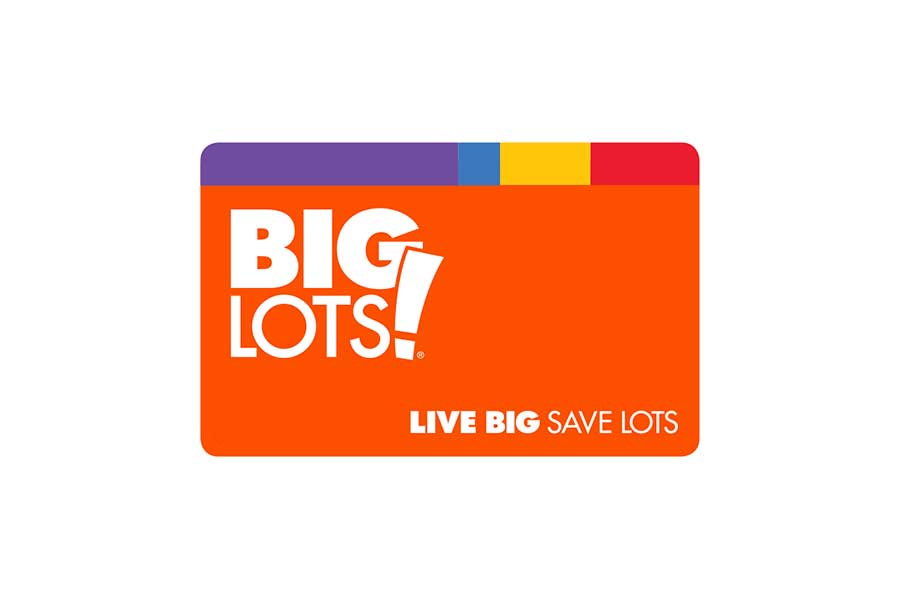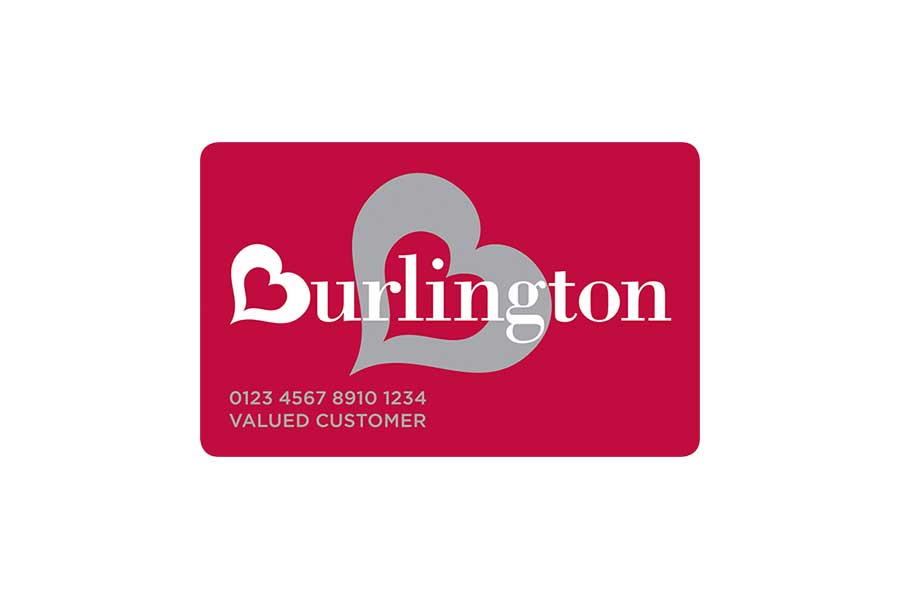A credit card can be a handy tool for managing cash flow, earning rewards, and building a strong credit history. But when used carelessly, it can lead to costly credit card interest charges that can pile up quickly and sabotage your personal finance goals. So, what exactly is credit card interest, and how does it work?

Credit card interest is the cost of borrowing money from a credit card issuer. It’s typically expressed as an annual percentage rate (APR), which represents the annual cost of the loan. This interest is calculated based on the credit card balance you carry from one billing cycle to the next.
If you pay your full balance by the due date each month, you won’t be charged interest. But if you carry a revolving balance from month to month, you’ll need to understand how much interest you’re accruing and how to avoid it.
Key Takeaways
- Paying off your credit card balance in full each month helps you avoid interest charges, taking advantage of the grace period most credit cards offer.
- If you’re carrying a balance, consider a balance transfer card with a 0% introductory APR to save on interest or negotiate a lower rate with your current issuer.
- Maintaining good credit habits like timely payments and keeping credit utilization low is key to managing debt, improving credit scores, and reducing interest costs.
The Implications of Credit Card Debt
The dangerous aspect of credit card debt lies in the compound nature of credit card interest rates. These rates can turn small amounts into major purchases over time if not addressed quickly. For instance, if you only make the minimum payment each month, you could spend years paying off the balance while accruing hefty interest charges. Let’s illustrate this with an example.
Imagine you owe $5,000 on a credit card with an APR of 18%. If you make only the minimum payment each month, it could take you over 30 years to pay off the debt and cost you over $9,000 in interest payments alone! Therefore, understanding the implications of credit card debt is critical to making informed financial decisions.
Top Strategies to Avoid Paying Credit Card Interest
Fortunately, there are ways to avoid credit card interest while still taking full advantage of the benefits of credit cards, such as cash back rewards, points, and purchase protection.
Pay Your Balance in Full Each Month
The simplest and most effective way to avoid credit card interest is to pay your balance in full each month. By doing this, you take advantage of your credit card’s grace period—the time between the end of your card’s billing cycle and when your payment is due. Most credit cards have a grace period, during which you can pay off your new charges without incurring interest.
However, it’s worth noting that the grace period only applies to new purchases. Cash advances and balance transfers often start accruing interest immediately, so keep these transactions to a minimum.
Leverage Balance Transfers
If you’re already carrying a balance on your credit card and accruing interest, you might consider a balance transfer to a new card. Many credit card issuers offer balance transfer credit cards with an introductory 0% APR for a specific period, typically between 6 and 21 months.
Transferring your credit card balance to one of these cards can help you pay down your debt faster, as every dollar you pay goes towards the principal, not interest charges. But beware of the balance transfer fee, which typically ranges from 3% to 5% of the transferred amount. Also, ensure you can pay off the debt before the promotional period ends, as the interest rate will then jump to a much higher standard APR.
Consider Alternatives to Credit Cards
There might be instances where you need to finance large purchases but don’t want to rack up interest charges on a credit card. In such cases, consider alternatives such as personal loans or installment plans.
Personal loans often have lower interest rates than credit cards, especially if you have good credit. They allow you to borrow a lump sum of money and repay it in monthly payments over a fixed period. Since the interest rate is fixed, you’ll know exactly how much you’ll pay each month and when the loan will be paid off. However, ensure you only borrow what you can afford to repay.
For some people, Buy Now Pay Later programs might be helpful for small to mid-size purchases. These programs let you split your purchase price into 4 or 6 equal installments, typically without interest. However, service charges or fees might apply, so make sure you read the fine print and understand what’s involved before using one of these programs.
Maintaining Good Credit Card Habits
Your credit card habits can have a significant impact on your credit scores and overall financial health. Therefore, maintaining good habits is essential. These include paying your credit card bill on time, keeping your credit utilization low, and regularly checking your credit report for errors.
Remember that timely payments make up a significant portion of your credit scores. Therefore, set up automatic payments or reminders to ensure you never miss a due date. Furthermore, strive to keep your credit utilization—the ratio of your credit card balances to your credit limits—below 30%. A high utilization ratio can hurt your credit scores.
Ways to Reduce Your Credit Card Interest
If you already have credit card debt and are struggling to make more than the minimum payments, it’s important to find ways to reduce the interest you’re paying. Fortunately, there are several strategies that you can use to lower your credit card’s interest rate and expedite your path to a debt-free life.
Negotiate a Lower Interest Rate with Your Credit Card Issuer
Believe it or not, sometimes all it takes to get a lower interest rate is to ask for it. Credit card issuers want to keep their customers, and if you have a good credit history and have been a loyal customer, they might be willing to negotiate a lower rate.
Call your credit card issuer, explain your situation, and request a lower rate. While there’s no guarantee they’ll say yes, it’s worth a shot, and the worst they can do is say no.
Take Advantage of a Balance Transfer
As mentioned earlier, balance transfers can be a great way to avoid credit card interest. Similarly, they can help you reduce your credit card interest rate if you’re already carrying a balance.
By transferring your high-interest debt to a balance transfer card with a lower APR, you can pay down your debt faster as more of your monthly payment goes towards the principal rather than interest.
However, keep in mind that most balance transfers come with a fee, typically 3-5% of the transferred amount. Keep this cost in mind when deciding whether a balance transfer is the right move.
Use the Debt Avalanche Method
The debt avalanche method involves paying off your debts in order of their interest rates, starting with the highest one. By doing so, you’re paying off the most costly debts first, which can save you money in interest over time.
List all your debts and their interest rates, then allocate as much money as you can towards the debt with the highest interest rate, while making minimum payments on the rest. Once that debt is paid off, move on to the one with the next highest interest rate, and so on until all your debts are paid off.
Consider Credit Counseling or Debt Consolidation
If you’re having a hard time managing your credit card debt, consider seeking help from a credit counseling agency. These agencies can provide you with resources and tools to manage your debt, and may even negotiate lower interest rates with your creditors on your behalf.
Debt consolidation is another option. This involves taking out a new loan with a lower interest rate to pay off your existing high-interest debts. This way, you only have one monthly payment to worry about, and you can potentially save money in interest. But be sure to read the terms of the loan carefully and understand all associated fees before proceeding with this option.
Bottom Line
While credit cards can offer convenience and rewards, they can also lead to costly interest charges if not managed properly. By understanding how credit card interest works, employing strategies to avoid it, and maintaining good credit card habits, you can use your cards to your advantage and save money.
Remember that your financial institution is also a resource for you to understand your credit card’s interest rate. Other financial services companies often have tools and resources to assist you in managing your credit card debt effectively, too.
Always keep in mind that the key to avoiding credit card interest is not about finding tricks and loopholes. Instead, it’s about responsible credit card use, timely payment of your full balance, and being mindful of your spending habits. With these practices, you can keep your credit in good standing while avoiding unnecessary charges and protecting your personal finance.
Frequently Asked Questions
What is a good credit card interest rate?
A good credit card interest rate varies depending on a range of factors, including the cardholder’s credit score and the type of credit card. Generally, rates can range anywhere from the low teens to 25% or higher. Those with excellent credit might be able to secure rates at the lower end of this range, while those with poor credit could see rates closer to the upper end or even higher.
If you have excellent credit, you’ll often find offers with a 0% introductory APR for anywhere from 6 months up to two years.
Why did my credit card interest rate increase?
Credit card issuers can increase your interest rate for several reasons. You might have a variable interest rate that fluctuates with the market. Alternatively, your promotional rate may have expired, or you might have missed a payment. Some cards also have penalty APRs, where your rate increases if you make a late payment.
Do all credit card purchases accrue interest immediately?
Most credit card purchases do not start accruing interest immediately thanks to the grace period. However, not all transactions have a grace period. For example, cash advances often start accruing interest immediately. Read the fine print on your credit card statement to find out your grace period and which transactions may not have a grace period.
How is credit card interest calculated?
Credit card interest is typically calculated using the average daily balance method. The credit card issuer will take your balance at the end of each day, add them up, and then divide by the number of days in your billing cycle. The issuer then multiplies this number by your daily periodic rate, which is your APR divided by 365.
Can carrying a credit card balance improve my credit score?
While it’s a common myth that carrying a credit card balance can improve your credit score, it’s not true. What matters most for your credit score is your payment history (paying on time) and your credit utilization rate. Maintaining a high balance can actually hurt your credit score, as it increases your credit utilization ratio.
What happens if I only make the minimum payment on my credit card?
Making only the minimum payment on your credit card will keep your account in good standing, but it can lead to high interest charges and prolong your debt repayment. It’s always best to pay your full balance each month if possible. If you can’t, aim to pay more than the minimum to reduce your interest charges.




